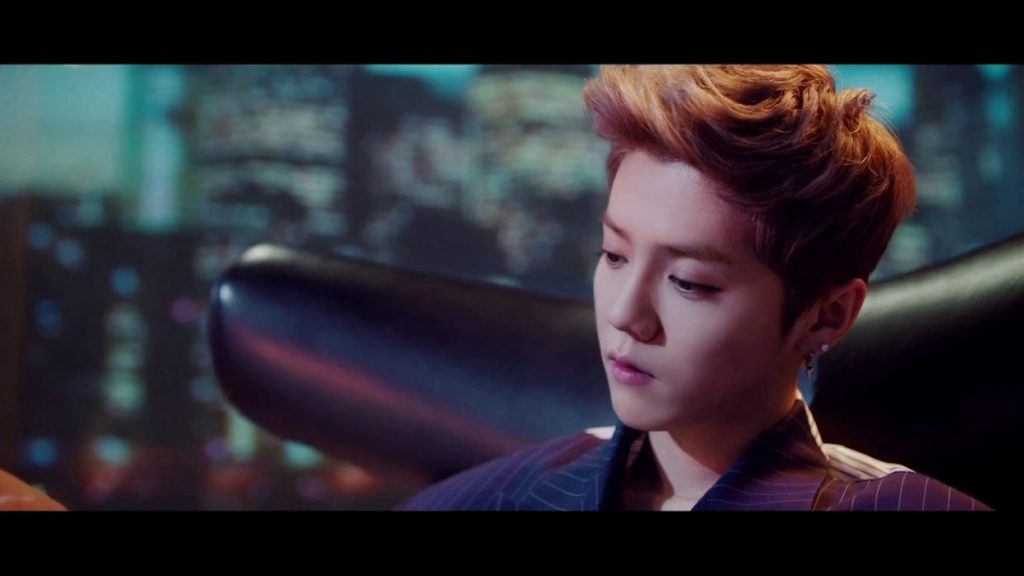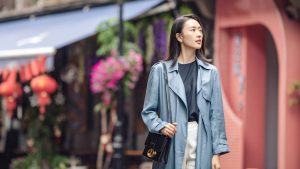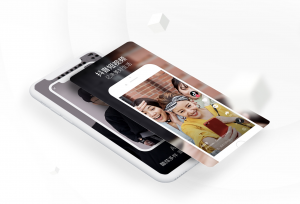For Western luxury brands in China, the best way to avoid collaboration failures is the simplest way: brands need to do their homework first.

Singer Lu Han still doesn’t have a signature single to his name, but it doesn’t matter: His fans aren’t there for his music, but for him.
Since the advent of social media in China, and particularly in recent years as the number — and variety — of social platforms has exploded from simple microblogging to livestreaming and hybrid models, the scourge of “fake fans” has long muddied the waters for brands looking for the market’s next “it” face.
In a recent piece about fandom culture in China, SixthTone pointed out the flimsiness of data used to discern who and what is becoming influential in China:
Because of the importance of social media traffic to both the entertainment industry and public, agencies, management companies, and passionate fans have come up with ways to artificially goose fandom numbers. Now there’s an entire commercial ecosystem catering to those looking to buy a visibility boost. Earlier this year, four people were arrested for using bot accounts to like and share Weibo posts by Cai Xukun, the 21-year-old singer who later lost his spot on the super topics chart to [Taiwanese star Jay] Chou. And a February investigative report by China Central Television into social media traffic for eight entertainers found that much of it was fake.
Fake fans, bots, and simulated influence are not new by any means, nor are they limited to China. The issue for brands in China, particularly foreign brands that have been burned in the past by simulated “influencers” with no real reach, is that choosing the wrong person for collaboration has far-reaching implications. Rather than leveraging that person’s original content, style, or personality, they’re simply trying to reach their fan-base, who may or may not be a fit for the brand.
As SixthTone continues, in the era of fake fanbases, when stars are chosen for brand collaborations based on their “social rankings” — which are based on vanity metrics like followers, likes, and shares — “stars no longer have any incentive to improve or produce high-quality work. [Singer and actor] Lu Han still doesn’t have a signature single to his name, but it doesn’t matter: His fans aren’t there for his music, but for him. They’ll buy whatever he endorses; so why should he worry about the quality of his work?”
Jing Daily has previously pointed out how Chinese authorities have moved to crack down on online personalities gaming the system with fake fanbases. An investigation by CCTV earlier this year showed how easily one could find and use an online agency to artificially boost an account’s following and simulate engagement. From that piece:
Using Alibaba’s Taobao marketplace or within Tencent’s WeChat system, one could quickly match with a professional agent that offers a variety of services. For example, in what it called its basic package that costs about $1.50 (RMB 10), a buyer can gain 400 followers (fake fans) on Weibo or 100 shares of a specific post. There is also a wide range of customized offers out there to meet different needs of fake follower buyers. To increase their credibility, an agency operator even told CCTV journalists that they worked for many hottest celebrities and key opinion leaders (KOLs) before.
Many foreign brands have continued to choose brand ambassadors based on inflated metrics, whether out of laziness and an eagerness to show European HQs continued “growth” or simply out of a misunderstanding of the market. But beyond the fact that fake fans don’t buy anything, brands risk getting burned by brand ambassadors — whether celebrities or micro-influencers — who simply don’t fit the brand image or care about the brand.
A good example of the precariousness of partnerships with “mercenary” ambassadors is the recent brand kerfuffle that saw brand ambassadors like Jelly Lin (Calvin Klein), Yang Mi (Versace), Jackson Yee (Givenchy), Maggie Jiang (Swarovski), and Liu Wen (Coach) immediately jump ship when those brands got in hot water over websites or t-shirts that listed Hong Kong, Macau, and Taiwan as independent countries or regions. Brands have regularly gotten caught up in nationalistic boycotts in China over the past decade — the list goes on and on — and losing ambassadors then finding and signing new ones is always a costly issue for brands to deal with.
Choosing a new face is a constant gamble. Whether choosing the wrong one by trusting numbers provided by sketchy social media agencies or getting caught up in scandals, brands constantly stick their neck out when kicking off influencer or celeb-led campaigns in China.
Sadly, the best way to avoid collaboration failures is the simplest way: to for brands to do their homework and ask clear questions to their in-house staff or agencies.
Who else has this person worked with?
If they constantly bounce from brand to brand, from cosmetics to handbags to footwear, showing no real specialty or influence in a particular area, they’re not a good choice regardless of how popular they look online.
What signs of influence do they have beyond their vanity metrics?
Do their films, songs, or vlogs consistently draw an audience in a way that has real numbers behind it? Are they showing up (with positive mentions) in other blogs, articles, videos, etc.? Don’t just take their word for it — find their niches of influence or simply see that it’s all faked.
Has he or she been quick to leave other partnerships during nationalistic protests in the past?
If an individual has signed — and left — previous partnerships when Chinese netizens got whipped into an anti-Japanese, anti-Korean, or anti-Western boycott, it’s important to proceed with caution or do everything possible to avoid getting burnt the next time Beijing gets upset and a Weibo pile-on occurs.
What’s their social presence like beyond just Weibo?
Many agencies continue to use Weibo data to say a celebrity or influencer is the real deal — but Weibo data, like Twitter data, is very often artificially inflated. It’s important to see what kind of holistic social footprint an individual has before going all-in on an expensive collaboration.
To do their best to ensure a new collaboration will reach real fans and cause real turnover, brands have options and need to make sure not to grab the first shiny object they see. There is no shortage of tools to research influencers and celebrities in China, and even simple research will generally help a company discern who is likely to help and who will simply be a waste of time.
– This article originally appeared on Jing Daily.






